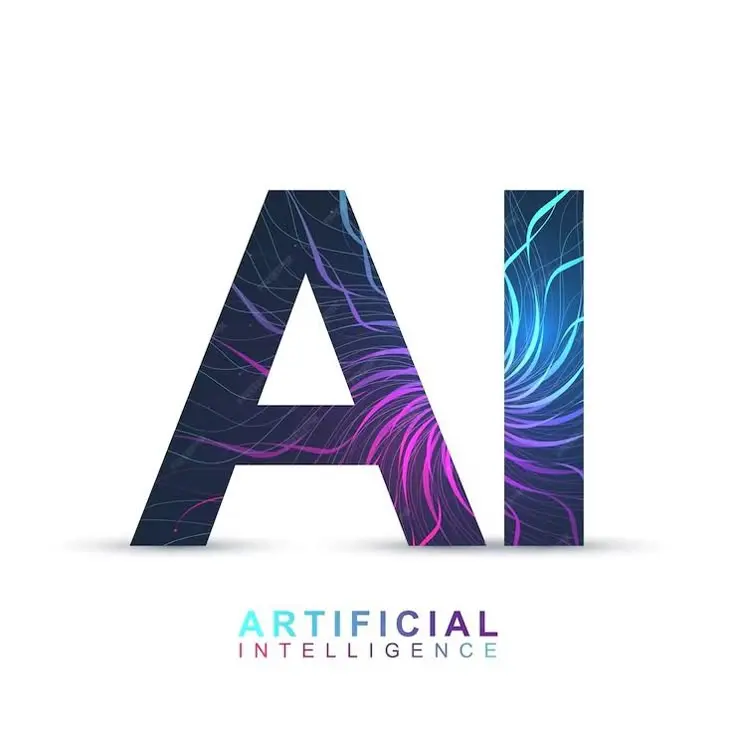
These days, marketing involves more than simply imagination and gut feeling. In a world where digitAI-Powered Tools to Simplify Your Marketing Process
al information and data are abundant, marketers must work smarter, not harder. Artificial Intelligence (AI) tools can help with that. By providing deeper insights, automating tedious operations, and assisting teams in becoming more strategic and efficient, these tools are quickly changing the marketing environment.
In addition to highlighting some potent technologies that are having a significant influence on companies of all sizes, we’ll look at how AI can improve your marketing workflow.
Why Marketing Needs AI
You’re not alone if you’ve ever been overburdened by your to-do list, which includes everything from creating creatives to handling emails to analyzing campaigns to generating content and staying current with trends. How AI can assist
Time-saving tip: Automate time-consuming and repetitive chores.
Accuracy can be increased by using data-driven insights to inform decisions.
Increasing Personalization: Produce specialized material in bulk.
ROI can be increased by more effectively allocating resources and clearly monitoring outcomes.
Let’s now examine the main marketing domains in which AI technologies excel, as well as particular tools you may want to consider.
1. Producing and writing content
It can be difficult to continuously provide high quality content. With a few prompts, marketers may use AI writing tools to create product descriptions, blog pieces,, and captions for social media.
Have a look at these:
AI ChatGPT/Jasper: These resources can assist you with ideation, writing drafts, and even refining already created content. Ad copy, newsletters, and blog entries all benefit greatly from them.
Product taglines, Instagram captions, and email subject lines are examples of short, captivating marketing copy that works best with Copy.ai.
2. Automated Email Marketing
Your email lists can be segmented by AI, which can also suggest send timings and even create subject lines that boost open rates.
Take a Look at These:
AI-powered Mailchimp features include tailored recommendations and predictive segmentation.
HubSpot: Their AI solutions assist in personalizing emails according to user behavior and automating workflows.
Automate welcome sequences, abandoned cart reminders, and email follow-ups to save hours each week.
3. Management of Social Media
It can be very difficult to keep up with content consistency across several platforms. While evaluating performance, AI technologies assist you with post planning, creation, and scheduling.
Take a Look at These:
Recently.ai: repurposes long-form content (such as blog entries or films) into numerous social media postings using artificial intelligence.
AI-powered Hootsuite and Buffer: These tools assist you in scheduling content and optimizing it according to engagement metrics.
Imagine using AI to automatically create 20 LinkedIn posts from a single blog post.
4. Visual Content and Design
The luxury of a design team is not available to all marketers. Design tools driven by AI make it simple to produce eye-catching images in a matter of minutes.
Try these:
Canva using AI and Magic Design tools: Allow Canva to generate advertising, social media posts, and templates after you upload a brand kit.
Adobe Firefly / DALL·E: Use straightforward text prompts to create unique images, backdrops, or graphics.
5. Researching keywords and SEO
A moving target is how SEO can seem. Artificial intelligence algorithms examine search patterns, identify keywords, and even advise ways to improve content.
Have a look at these:
Optimize content for higher ranks by recommending keyword usage and structure with Surfer SEO or Clearscope.
AI-integrated SEMRush and Ahrefs: Get insightful keyword suggestions and content gap analysis.
AI helps you understand intent, competition, and how to rank higher it gives you more than simply keywords.
6. Analysis and Reporting
Weary of battling with dashboards and spreadsheets? Raw data can be transformed by AI algorithms into insightful knowledge that includes actionable suggestions and graphics.
Have a look at these:
Using AI insights in Google Analytics 4: identifies patterns and makes action recommendations automatically.
Use AI to create user-friendly marketing dashboards that monitor KPIs across platforms with DashThis or Databox.
7. Customer Engagement and Chatbots
Want to keep your team available at all times without exhausting them? AI chatbots may answer questions, recommend products, and even qualify leads.
Take a Look at These:
AI-powered bots called Drift and Intercom can provide real-time assistance and forward important questions to your sales team.
For small businesses wishing to interact with clients via Facebook Messenger or websites, Tidio and ManyChat are excellent options.
Even when your team is not working, AI helps you remain responsive.
Concluding Remarks: AI Plus Human Better Marketing
These days, human creativity and emotional intelligence drive the most successful marketing tactics, not simply artificial intelligence. AI assists with the “how,” allowing marketers to concentrate more on the “why.”
Conclusion: AI + Human Improved Marketing
Today’s most successful marketing campaigns are driven by human ingenuity and emotional intelligence rather than merely artificial intelligence. Marketers may concentrate more on the “why” by using AI to help with the “how.”
Keep in mind that marketers will not be replaced by AI. Its purpose is to increase the speed, intelligence, and impact of our work. Adopting these tools can help you advance rather than merely stay up to date.
So feel free to try out some of the tools listed above. Check what works for your workflow. Build a marketing engine that works for you by starting small and learning as you go.
Do you have an indispensable AI tool? Share this post with your marketing team or leave a comment. Together, let’s continue to learn.
